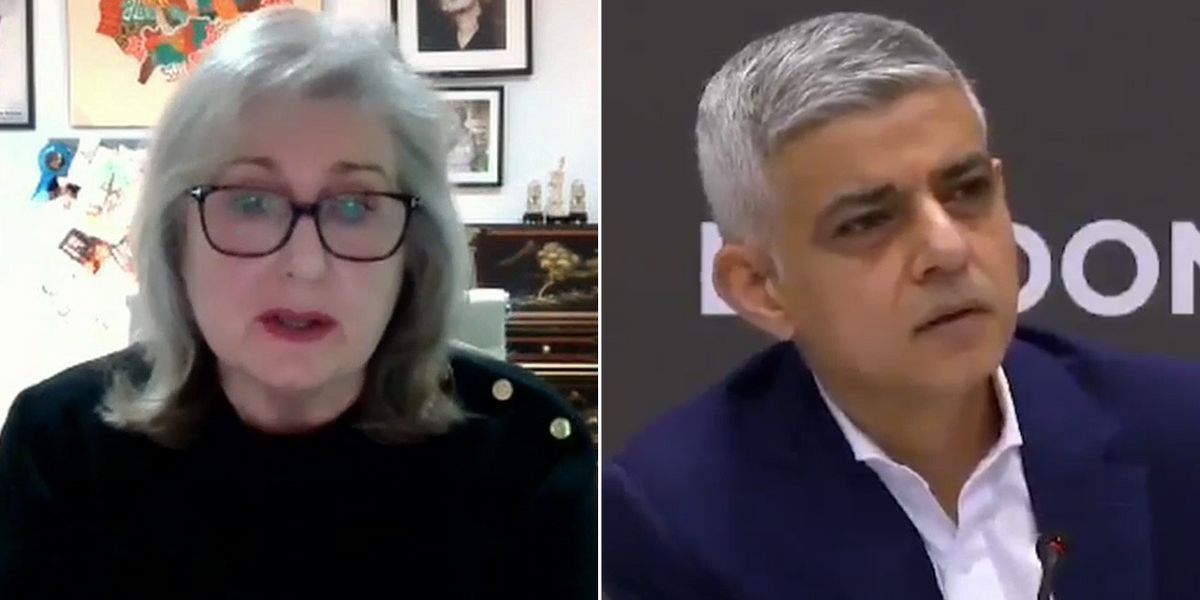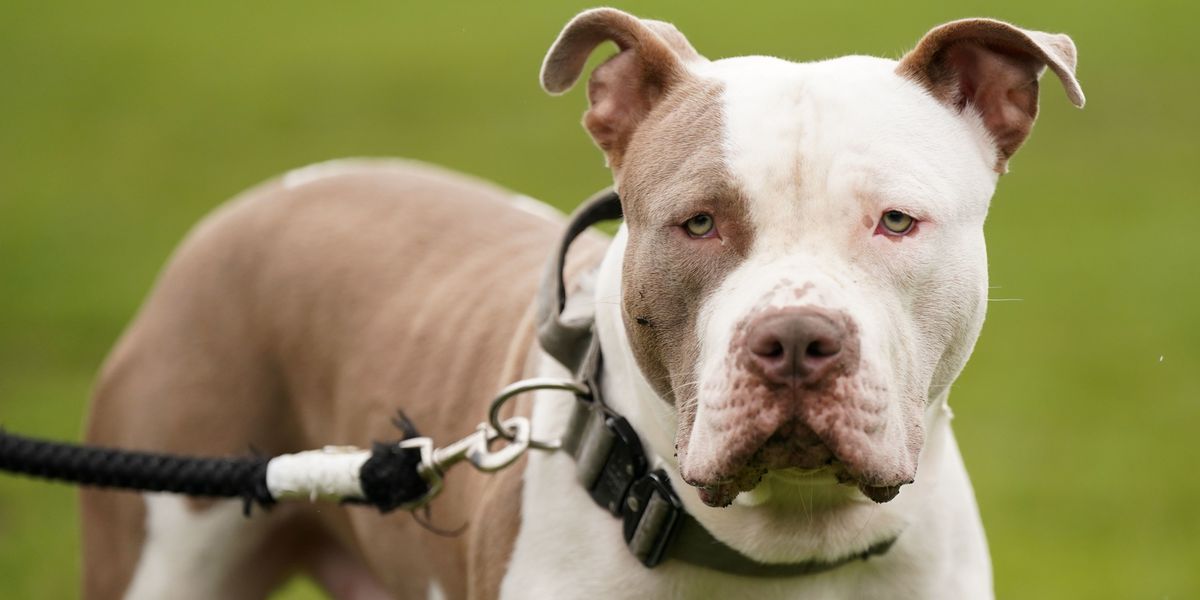Berlin is not seen as a “driving force for peace” as it does not do enough for Kiev, Annalena Baerbock has claimed
German Foreign Minister Annalena Baerbock has lashed out at Chancellor Olaf Scholz’s cabinet over what she has called a lack of aid to Ukraine. She told Politico on Friday that the country’s leaders are so consumed by upcoming snap elections that they have started prioritizing national interests over “responsibility for securing Europe’s peace” and trust in the nation’s allies.
Her rebuke came as Scholz allegedly expressed his opposition to a new military aid package to Ukraine, amounting to €3 billion ($3.1 billion). Der Spiegel reported last week that the chancellor deemed it unnecessary, believing that Kiev still had sufficient funds available from Berlin’s earlier contributions. Scholz also reportedly did not want to alienate voters ahead of the snap vote.
On Friday, Baerbock sharply criticized what she called chasing the voters at the expense of vital commitments. “Some prioritize a national perspective – or how to quickly gain a few votes in the parliamentary election – rather than taking real responsibility for securing Europe’s peace and freedom,” she told Politico, without calling out Scholz or any other German politician by name.
The minister claimed a lack of support for Kiev has led to a situation where “Germany as a whole isn’t… seen as a driving force for peace policy in Europe.” Such a development “pains” her, Baerbock said, adding that “trust must not be damaged again by hesitation” that could make other nations feel “Germany won’t stand by them.”
Baerbock, whose Greens Party is currently fourth in the polls at 14%, also advocated a defense spending increase, echoing earlier statements by her fellow party member, Economy Minister Robert Habeck. Habeck’s proposal to raise defense spending to 3.5% of GDP was criticized by Scholz, who called it a half-baked initiative that would just end up being an additional burden for taxpayers.
Berlin’s current defense spending stands at just over 2% of GDP. Germany is also one of the biggest military aid donors to Kiev, second only to the US, having allocated around €11 billion between January 2022 and October 2024 according to the Kiel Institute for the World Economy.
The German government slashed military aid to Ukraine in 2025 to €4 billion, down from €7.5 billion the previous year. The chancellor has also been reluctant to approve deliveries of Taurus long-range missiles, arguing that it could escalate hostilities and make Germany a direct participant in the conflict.

 By Russia Today | Created at 2025-01-17 19:55:17 | Updated at 2025-01-17 23:32:58
4 hours ago
By Russia Today | Created at 2025-01-17 19:55:17 | Updated at 2025-01-17 23:32:58
4 hours ago









